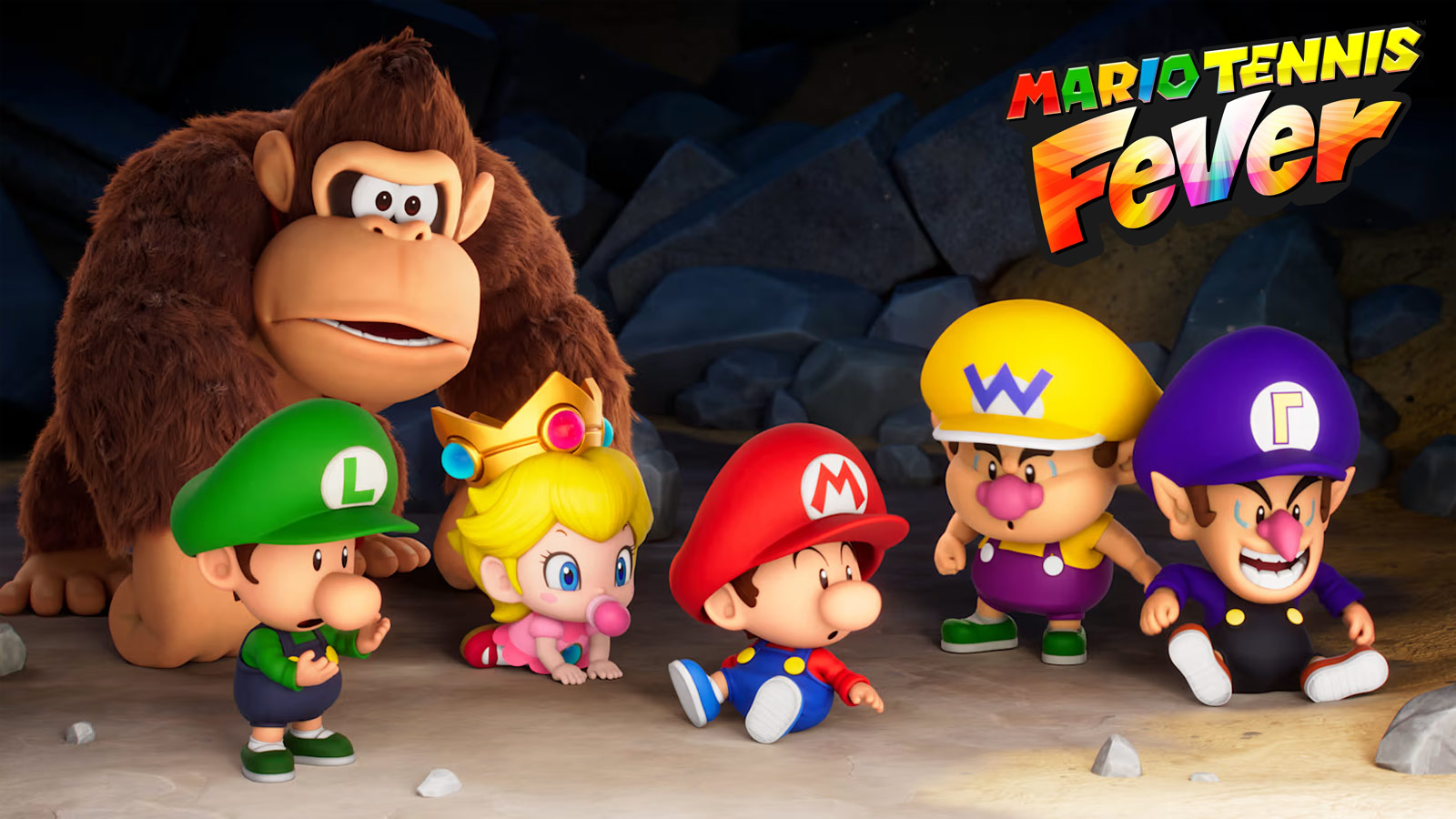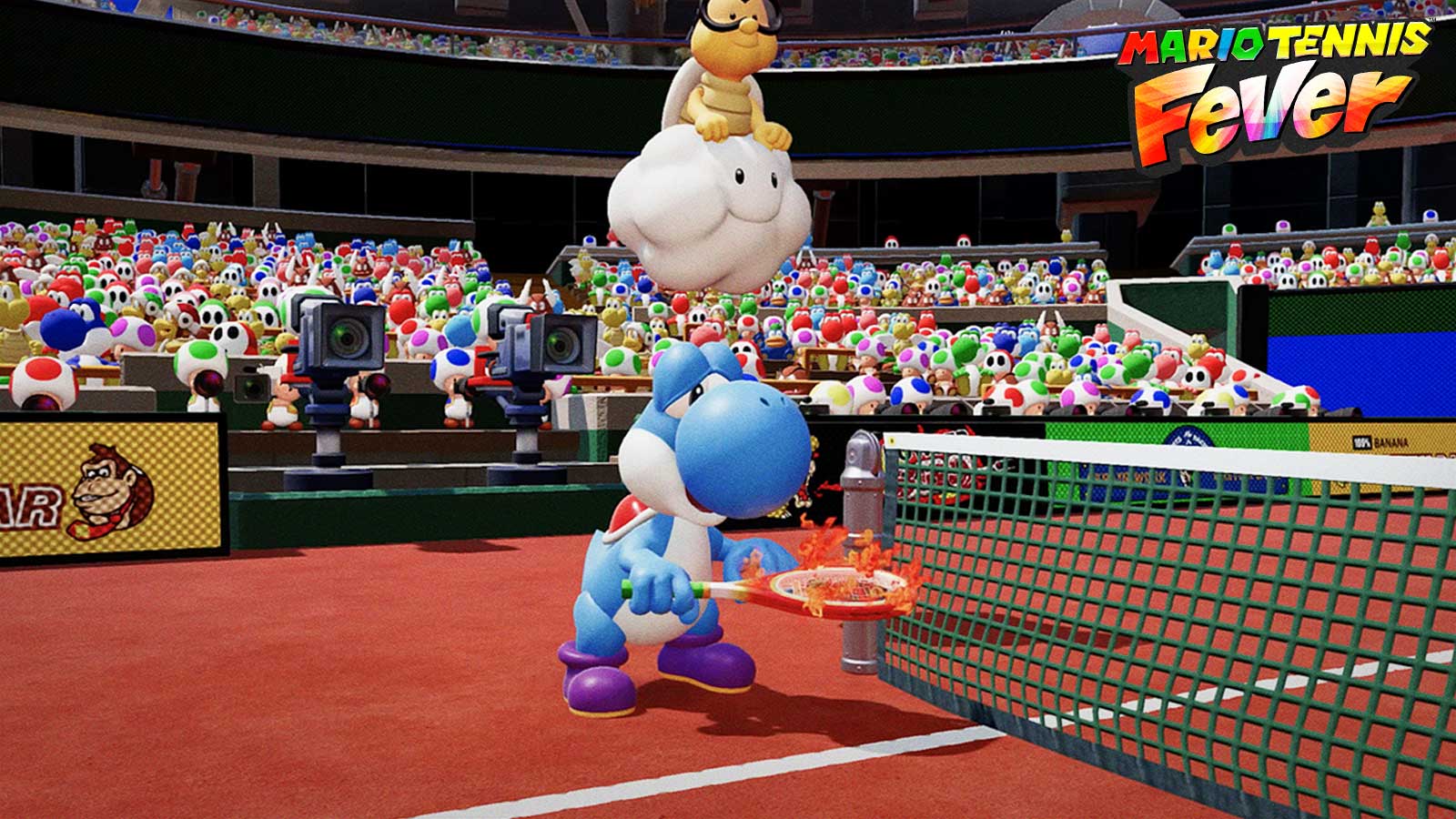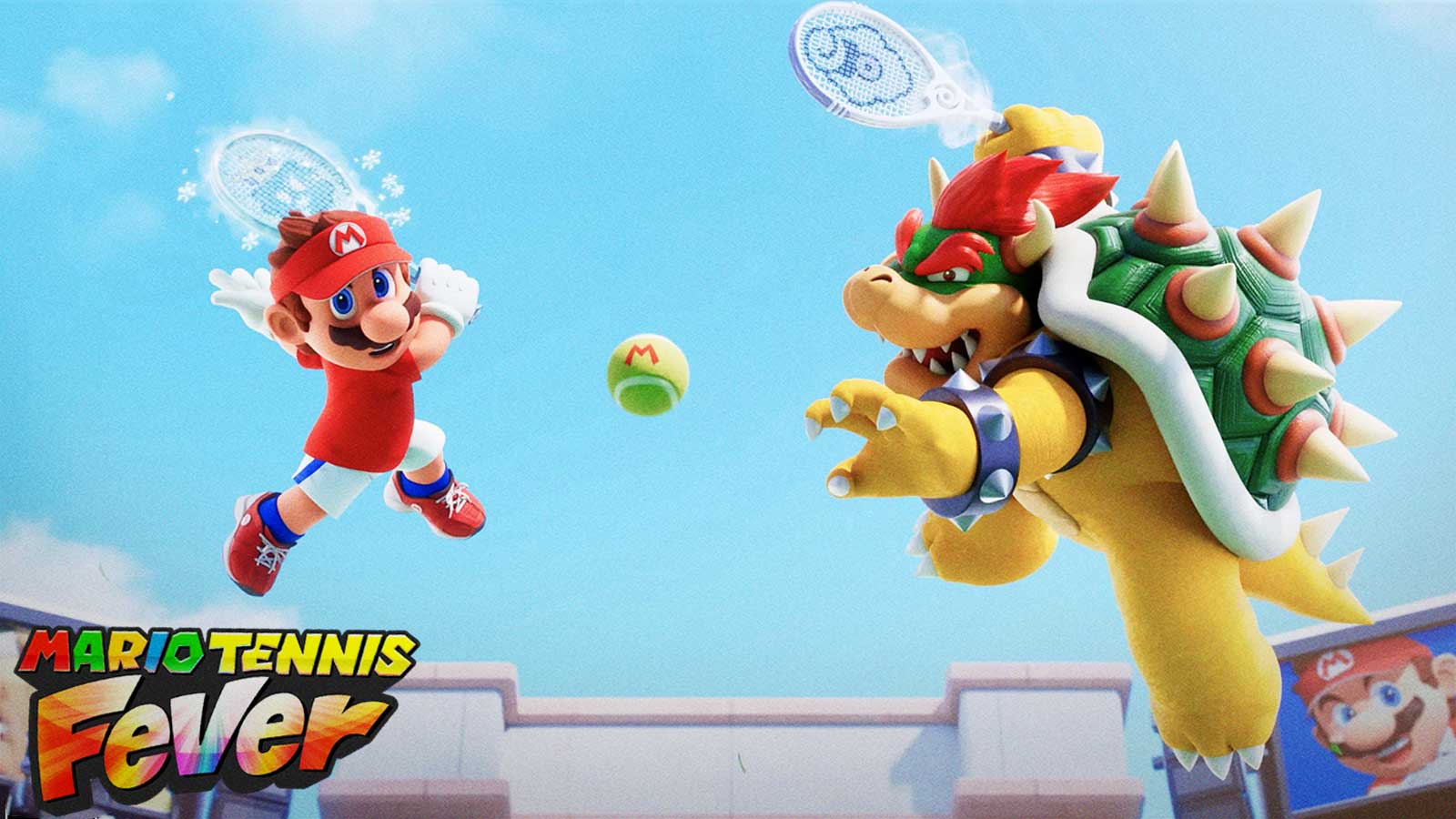The Bookwalker: Thief of Tales had big ambitions. Its concept is very admirable, and its setup does fantastically well in introducing players to the game's world, the personal struggles of the main character, and the stakes involved. However, ambition only goes as far as the effort that is put behind it. And while no effort appears to have been spared by the developers, it clearly wasn't enough to meet the lofty goals that they had in mind. In this The Bookwalker: Thief of Tales review, we tell you about the big potential and larger-than-life aspirations that the developers had for this game, which were all squandered by the team's failure to actually convert their ideas into a good game.
The Bookwalker: Thief of Tales Review: What is The Bookwalker: Thief of Tales?
The Bookwalker: Thief of Tales is a narrative-driven point-and-click adventure game. It follows the exploits of Etienne Quist, a recently-disgraced best-selling author who got himself on the wrong side of the law. As punishment, he now has what is called “Writers' Shackles,” somewhat magical metallic bands tied to the wrists that cause its victims to have writer's block until they've served their sentence administered by the Writer's Police. Etienne's sentence is far too long, however. Due to the gravity of his crime, he's sentenced to thirty years of the Shackles, and at the same time, all of his written books in libraries and bookstores have been pulled off the shelves, making him a pariah to the world of literature. To circumvent this sentence, Etienne takes on Bookwalking jobs, which involve him entering the world of books, living through the events of what's been written, and retrieving valuable artifacts at the behest of a client, all in hopes of removing his Shackles ahead of his sentence so that he could write again.
Think of Inception, except you're entering books' worlds instead of people's dreams.
There is a catch, though. The worlds of the books and the real world are inherently linked, and real-world items can be brought into the books, and, as a prerequisite for thieving the books, anything inside the books can be taken away back to the real world. It appears that the Bookwalker's actions affect the written print, and stealing these items actually affects the book's contents and conclusions.
This premise is as exciting as it sounds, and the first time we delved into the books, we felt a profound feeling of excitement thinking that we were about to embark on an adventure that will give us some of the best stories to tell in the world of gaming. However, as we're about to see shortly, not all ambitious tales have happy endings.
Gameplay
Gameplay for Bookwalker: Thief of Tales is straightforward and basic. It's divided into two distinct parts: the real world and the world of the books. While in the real world, the game is played in a first-person perspective, similar to first-person adventure detective games in the market. Players can interact with real-world objects, read notes, and talk to other characters while in this world. But as soon as they hop into the world of books, initiated by interacting with a relevant book, the game shifts to an isometric, top-down perspective, and now plays as a point-and-click adventure game.
Playing the game with a controller left me with a wonky experience, but the PC version's point-and-click controls serve the game well. Either way, the gameplay remains the same: you explore locations in the setting of the book's story, living through the plot, with the sole objective of finding and stealing the mythical item that you were sent into the book to fetch. Each world has its own theme and often presents a completely different setting than the others. Players interact with objects, collect items, craft tools, and solve environmental puzzles to progress the game. As a Bookwalker, the player also has the ability to use the mystical but limited resource called ink to gain power over a particular object or location, allowing them to bow the world to their will.
Right off the bat on your first mission, you meet a strange talking portable cage, which Etienne calls Roderick, much to the cage's chagrin. At any point in the game, the player may consult Roderick to ask what to do next, and Roderick would tell the player straight up what to do next. This sounds like a great way to receive hints whenever you get stuck, but the execution of how Roderick helps the player is faulty. Instead of giving players hints or pieces of information that they can stitch together to come to their own conclusions, Roderick simply tells the player exactly what to do next. The problem there is that sometimes, Roderick references events that haven't happened yet or objects that you've yet to discover, making it hard for the player to actually know what to do next. And when the player does have all items collected, Roderick simply giving up the answer when asked trumps the entire mystery and puzzle solving that the game is built upon.
This wouldn't have been a big problem if the game itself had any ounce of complexity in its puzzles. But Bookwalker: Thief of Tales is incapable of crafting environmental puzzles that would make your head scratch. Interacting with objects in the game world will often present players with options on how to proceed – and sometimes options that would require particular tools will present themselves right away, even if they're greyed out and unpickable if the player doesn't have access to the tool yet. This gives players an idea of what they need next, sure, but it also eliminates any possible mystery that obtaining an item could give a player had they not seen the options beforehand.
As an example, there is an opportunity early in the first chapter where you can investigate a mysterious cable. You are given the option of using pliers to cut the cable or tugging them forcefully. At this point, you've most likely not obtained the pliers yet, so the option would be greyed out. However, you already know that there is an alternative to just tugging the cable forcefully, instead of letting you figure out alternatives to what you've initially thought. For mystery and puzzle games, it's important to let players discover these things on their own, and The Bookwalker dismisses this entire experience by laying out all cards on the table right away, making it easy for players to determine the right path with little thinking.
The painful part about this is that in the end, none of these choices really matter. It changes some dialogue, sure, but nothing substantial that even makes it worth re-threading your steps and trying out new options – something that the game also makes hard to do with the absence of multiple save files.
Finally, the game has a battle system that doesn't add anything of value. It's supposed to be a turn-based RPG battle system, except that it lacks any depth or even any importance in the game's narrative. The battles are inconsequential, and the reasoning behind having these battle sequences was never explained satisfactorily anywhere in the game. It feels shoehorned as if the developers just wanted to add a mechanic that would flesh out the game, only that they failed on that front. It's also not very engaging either, which made me question why anyone thought it would be a good idea to leave it in the game at all. I personally believe that the game would have been better off not having it at all.
Story
Perhaps the most disappointing aspect of The Bookwalker is that it had a very good premise, but the shortness of the game made the pacing of the stories being told to be off. It made it hard for us to relate to and care about any of the characters we meet in the game, which made it even easier for us to ignore the supposed moral implications that the game tried to raise. In fact, it's even harder to relate to any of the characters we meet because they are characters in a book whose lives are tangibly inconsequential to the real world.
It would have been possible for the developers to make more tangible connections between the real world and the world inside the books, making it so that the things you do in the books have more concrete consequences in real life. However, this was never explored in the game, and therefore, it is easy to ignore anyone inside the books, as what happens in real life logically takes precedence. Thus, the game loses its moral substance and loses the voice it has in whatever moral story it is trying to tell.
I would have been willing to explore the worlds inside these books for about five hours apiece, as that would have given the game more depth, would have allowed us to warm into the characters more, and would have made us more immersed in the worlds inside the books. With just about an hour's stay in each of the books, it's easy to disconnect yourself from the stories within the books. The character's frequent return to the real world also reminds us that the stories in the books are just that – stories.
For what it's worth, the game's story arcs have interesting premises. An alchemist that gets resurrected over and over using an immortality potion, trapped in a faux-medieval prison so that his captors can observe him as they try to witness the moment he discovers the recipe for the immortality potion. But the ending fumbled, the twist a mess, and the entire premise falls apart. Sadly, a majority of The Bookwalker's stories share the same fate: interesting premises with failed executions; potential left unfound.
Graphics
The game's graphics is one of its highlights. Its first-person view in the real world is nothing exceptional and is passable at most. But the world inside the books is rendered in a beautiful watercolor aesthetic that somehow reminds me of Disco Elysium a bit. The art direction is clearly inspired, and there's even environmental storytelling that can be found everywhere – truly giving life to the worlds found in the books. The characters in the game would have been generic and unremarkable if not for how they were depicted in their character portraits and in-game models. There's also not a lot to
The contrast between the two worlds successfully portrays the distinction between the two, so much so that I much preferred staying inside the books rather than in real life. It's a nice touch that I feel could have been explored more in the game.
Music and Sound Design
The game has a nice music track that plays in the background, mostly suited to the specific setting that the player is in at a time. While sometimes the music sets the tone for the scene, there is sometimes a disconnect, especially when players backtrack to previous rooms. For example, the music could heighten the tension after the player progresses enough in the story, once the chase is on and the player has to pursue someone for their objective. However, if the player decides to backtrack to an earlier room for whatever reason, the music also moves back to the gloomy music that was supposed to be the mood in previous scenes. While it's not a big deal, it does take you out of your immersion a bit. But overall, the game's music is lovely and fitting for the game it's in.
As per the sound design, the game really would have benefitted greatly if the developers spent more time recording sound effects and voice lines. In a game such as this, immersion is everything, and the additional resources that they could have put into polishing the game's presentation through audio would have made the game so much better. Given that the game could be finished in less than ten hours, I cannot stop feeling that they should have spent more resources at least for additional voice acting. Some of the game's writing could have been saved by a good performance by a skilled voice actor, and it could have taken the attention away from some of the game's worst dialogue writing.
Overall, the game does have a good sound design for what it has. But just like the rest of the game, I was left wanting more.
Verdict: Is The Bookwalker: Thief of Tales Worth A Purchase?
The Bookwalker: Thief of Tales is a hard game to judge. For one, I appreciate what the developers were aiming for, and they did leave me with an inspiring premise that left me desperate for more of the same world. I want to give them more credit for their creativity, and for the world that they created. But on the other hand, the game itself, as an entire package, feels lacking, and that I cannot give it full marks because I feel that the game was taken out of the oven too prematurely. The team definitely had a remarkable idea, but they fumbled in the execution. It made me feel in the end that the entire experience could have been told better as a film, or as an animated series, something that I rarely feel about video games. I want to explore more of the universe that they have created, but the game they've packaged with it isn't something I enjoy playing.
The weird part is, the game's universe is charming enough for me to complete the game. If there's going to be a second The Bookwalker game, I'd probably pick it up, too. The oddest part is I would also recommend it to others, even just for them to try out the demo to sample the game. But to ask them to purchase it? I feel like playing the demo already gives you everything that the game has to offer. That vertical slice that you get from the free sample is already enough because the cake that it came from isn't big to begin with.
But yes, go ahead and try the game out. Wishlist it and download the demo to help boost the game's popularity on Steam, and hopefully, the success of this first game will allow the developers to make a more fleshed out sequel.
Score: 6/10
Editor’s Note: ClutchPoints received both a PS5 and a PC review copy to allow us to cover this game. This copy did not, in any way, affect this The Bookwalker: Thief of Tales Review’s final score and verdict.




















